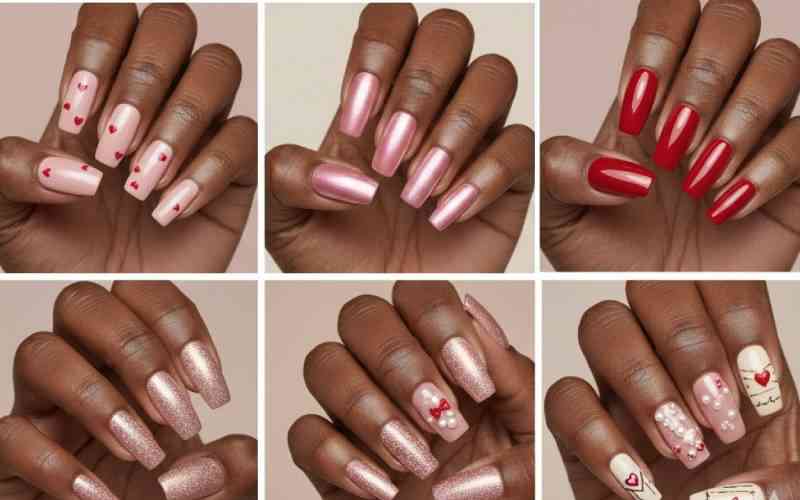
Taking your personal hygiene seriously could prevent you from contracting harmful diseases and infections. Coronavirus is one such illness that could be spread through basic hygiene rituals that we typically follow.
Some items should be reserved for personal use and not to be shared with other people, even with family.
Here are five personal hygiene staples that you should avoid sharing with anybody.
1. Bar soap
Using the same bar of soap as a family seems completely harmless. Contrary to what you may think, bar soap does not clean itself. A wet bar of soap is a conducive breeding ground for viruses, bacteria and fungi.
To avoid infection, store your bar soap on a dry surface away from water and quickly rinse it before each use. A healthier alternative to bar soap is a liquid body cleanser that is squeezed out of a bottle or dispenser.

2. Deodorant
Roll-on deodorants and stick antiperspirants are not supposed to be used by more than one person. Odour emitted by sweat is caused by bacteria. Even on clean skin, you could be transferring fungi, bacteria and yeast between you and other users.
Be sure to use your own deodorant and avoid sharing it, even with family. In the case where you must share an antiperspirant, opt for a spray version as opposed to something that is applied directly onto the skin.
3. Nail tools
These are household items that most of us generally share with family members. However, sharing nail files, nail cutters and buffers exposes you to fungi, viruses and bacteria which can be found on fingers and nails.
This can be a sure way of contracting illness if you touch your face after use. Therefore, avoid sharing nail tools with your loved ones, or simply disinfect them before and after use.

4. Towels
Towels don’t completely get to dry out because they are typically hanged in a dark, wet bathroom or over a bed. This can cause a build up of mildew, bacteria and fungi. By sharing a towel, you could spread cold sores, bacterial infections and pinkeye between each other.
Ensure that your towel is dry before each use and wash it after every four to five uses. In addition to this, make sure that each person in your place of residence has their own towels that they rotate.
5. Pumice stones
Getting dead skin off your feet is a great way to get soft feet, but by sharing a pumice stone you can transfer dead skin between users and spread bacteria and fungus.
In addition to this, the place in which they are stored, typically a wet and humid bathroom, is the perfect breeding group for fungi and bacteria. Ensure that you use your own pumice stone, and allow it to properly dry between each use.
 The Standard Group Plc is a multi-media organization with investments in media
platforms spanning newspaper print
operations, television, radio broadcasting, digital and online services. The
Standard Group is recognized as a
leading multi-media house in Kenya with a key influence in matters of national
and international interest.
The Standard Group Plc is a multi-media organization with investments in media
platforms spanning newspaper print
operations, television, radio broadcasting, digital and online services. The
Standard Group is recognized as a
leading multi-media house in Kenya with a key influence in matters of national
and international interest.










